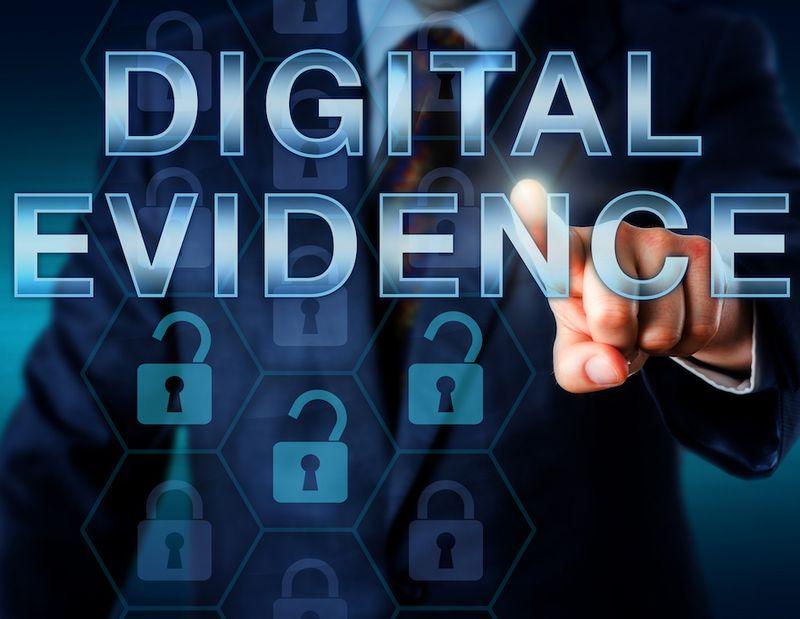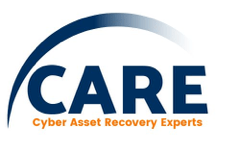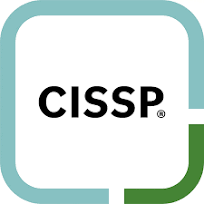Cyber Investigations
When it comes to cyber investigations, Seizure Warrants require significant evidence to file and, in practice, significant loss amounts.

The Truth About Cyber Investigations
The ability to conduct Cyber Investigations is a rare skill indeed. Here’s a little known fact. Most cyber financial crimes aren’t even investigated by the Cyber Division of the FBI. Years ago, that responsibility was passed to the White Collar Division filled with Agents with little to no cyber experience at all. Needless to say, these Agents don’t like these cases very much.
So why would you need a Cyber Investigation in your case? Cyber Asset Recovery Experts is able to provide the evidence needed to establish the fraud used by law enforcement in seizure warrants. In essence, CARE gives law enforcement the evidence they may find difficult to find themselves. The easier it is for law enforcement to file these seizure warrants, the more likely they will do so and increases the chance of you getting your money back
Cyber Investigation FAQs
Isn't it obvious I was a victim of a fraud?
New FBI Special Agents are typically frustrated when they are told over and over again by Prosecutors they do not have enough evidence for judicial action. What seems like enough evidence is rarely ever enough. Newer Agents are instructed to “kill the ant with a sledge hammer.” In essence, Investigators need to “over do it” as they collect evidence. If you ever attended a trial, you probably watched the opposing counsel make havoc of the Prosecutor’s evidence so Prosecutors need to think of what counter arguments opposing counsel might bring. So, you probably think your situation is obviously a fraud but a Prosecutor who is thinking of possible defenses may not agree with you. CARE’s Cyber Investigation is intended to compare what your scammer told you with the digital evidence. If the two doesn’t match, it is clearly fraud.
What is Civil Judicial Forfeiture?
Civil Judicial Forfeiture is a court proceeding brought against property that was derived from or used to commit an offense, rather than against a person who committed an offense. Unlike criminal forfeiture, there is no criminal conviction required, although the government is still required to prove in court by a preponderance of evidence that the property was linked to criminal activity. The proceeding allows the court to gather anyone with an interest in the property in the same case and resolve all the issues with the property at one time. In a civil forfeiture case, the government is the plaintiff, the property is considered the defendant, and any person who claims an interest in the property is a claimant. Civil forfeiture allows the government to file cases against property that would not be reachable through criminal forfeiture, such as property of fugitives, terrorists, and other criminals located outside the United States. Civil forfeiture also permits recovery of assets of defendants who have died or where the wrongdoer cannot be identified.
Why is it important to find additional victims of my fraud?
Law enforcement is overwhelmed with Cyber cases so the decisions to open a case, both by the Law Enforcement Supervisor and the Prosecutor, is based on loss amounts. Prosecutors often set minimum loss amounts for fraud cases before they will even consider them. In Orange County, California, a loss amount of two million dollars is typically what is required to investigate a case. By finding additional victims, the loss amounts rise to a level acceptable to Law Enforcement and Prosecutors. Further, the decision to file a seizure warrant can be greatly enhanced by seizing larger amounts of funds derived from multiple victims. In essence, Law Enforcement and Prosecutors are simply trying to make the best use of their limited resources. CARE helps them do just that.
What does a CARE Cyber Investigation include?
CARE’s Cyber Investigation includes: the true identity of the person whose identity the scammer stole; purchase of website domain names; hosting of sites (both current and historical); malware analysis; subdomains; external sites used to pull website content; Canonical Names (website “redirects”); other scam websites hosted by the same IP address; similar scam websites having similar structure; scammer contact telephone numbers and emails. For wire transfers, CARE will conduct a thorough investigation of associated companies, addresses, and company contacts.









